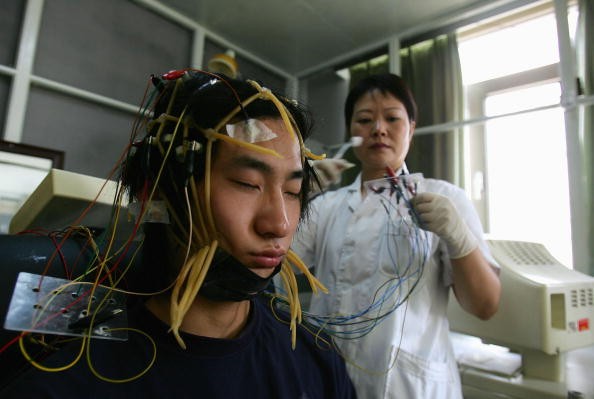China just drafted a regulation that will protect minor's rights in cyberspace. Experts said that this will bring an end to the electroshock therapy to cure Internet addiction, which became controversial and has caused physical and psychological damage to the minors who used it.
A draft was released by The Legislative Affairs Office of the State Council on Friday. The public is invited to give comments on the draft through their website before Feb. 6.
The draft indicates that no individuals or organizations are allowed to force or abuse teenagers in seeking to cure Internet addiction that will hurt their mental and physical health or infringe their legitimate rights.
It also stipulates that video games providers ban services for minors from midnight to 8 am, and restrict their continuous period and daily accumulated time on playing games.
These providers should also be responsible for taking technical measures for preventing minors to become addicted to video-games.
Song Yinghui, the deputy director of law school in Beijing Normal University, said: "Electroshock therapy, such as that used by the controversial Internet Addiction Treatment Center in Shandong Province will be banned if the draft is adopted."
The China Youth Daily reported last August that Electroconvulsive therapy is a legitimate medical technique for severe depression, but it has no role in addiction therapy. A Shandong center, however, used it for treating more than 6,000 Internet addicts since 2006, most of which are teenagers.
According to the Nandu Daily, the treatment center in Linyu, Shandong came to public attention in 2009 after reports claimed that juveniles were suffering from psychological trauma after treatment.
"Though service providers shall take responsibility to protect juveniles' health, the main method to prevent Internet addiction should come from families' guidance and education," said the director of the Beijing Youth Legal and Psychological Consultation Service Center, Zong Chungsan.




























